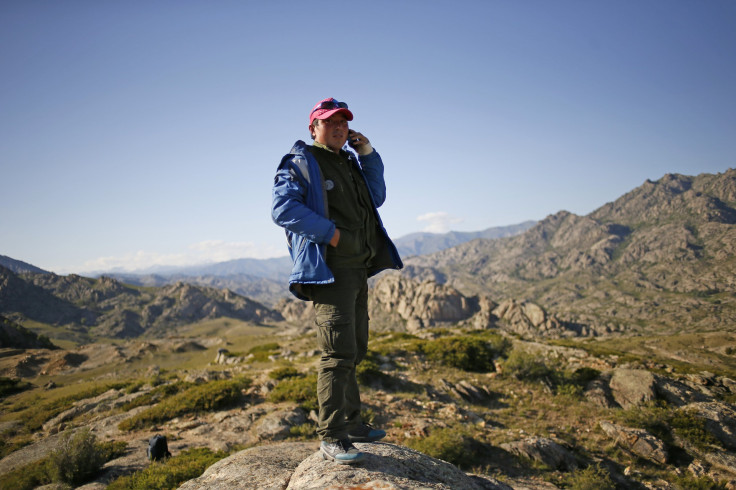What Are The World's Last Countries Without Internet Access?

Whether due to war, poverty or a lack of international visitors, there are still large pockets of the world where internet access is barely made possible due to zero or little infrastructure to provide the service. And while many of the wealthiest economies in the world see daily internet access rates above 90 percent, some barely provide such availability to more than 20 percent of residents.
The U.S. content delivery network and cloud services provider Akamai Technologies created a report that narrowed down the top 35 countries with internet access penetration rates for fewer than one-in-five of its residents due to a lack of infrastructure. As The Telegraph notes, "digital detox" destinations such as Mongolia are not included on the list because the vast rural areas with no reception pale in comparison to the population living in the nation's capital, Ulaanbaatar.
The U.K. Office for National Statistics (ONS) reports that 99 percent of its residents between the ages of 16 and 35 are internet users, with that age group spending nearly 10 hours each day online, The Telegraph reports.
User penetration is less than 20 percent of the population in the following 20 countries throughout the globe: Guatemala, Honduras, Nicaragua, El Salvador, Senegal, Burkina Faso, Mali, Ghana, Cote d’Ivoire, Benin, Algeria, Libya, Sudan, Eritrea, Ethiopia, Cameroon, Uganda, Rwanda, D.R. Congo and Malawi.
According to Pew Global, the top five advanced economies where adults use the internet at least occasionally or report using a smartphone regularly haven’t changed much in the past decade. South Korea, Australia, Canada the U.S. and the U.K. all see connectivity percentages right around 90 percent or higher. South Korea still leads the rankings at 94 percent.
The 2015 Pew data from 40 countries found a median internet access percentage of about two-thirds, or 67 percent. This included people who reported using the internet “occasionally” or simply owning a smartphone with internet access.
Akamai points out that Belarus, Burma/Myanmar, Cuba and North Korea are countries where citizens are prevented from accessing the internet under government policy. Even special permits for access to the internet come with intense surveillance of usage and Wi-Fi purchases in places such as Cuba are primarily only available in larger cities. Additionally, the following the twelve countries have highly restricted internet usage, where servers are required to be located within the nation's legal reach: China, United Arab Emirates, Saudi Arabia, Cuba, Egypt, Iran, Saudi Arabia, Syria, Tunisia, Turkmenistan, Uzbekistan and Vietnam.
Rounding out the remaining list of 35 countries on Akamai’s list were the following countries with lower than a 20 percent internet access penetration rate to its residents: Zimbabwe, Zambia, Namibia, Madagascar, Mozambique, Angola, Yemen, Pakistan, Turkmenistan, Nepal, India, Bangladesh, Sri Lanka, Myanmar and Indonesia.
Two-thirds of Americans believe access to the internet is a privilege, not a human right, according to a survey International Business Times reported on earlier this year. The survey of 2,000 Americans, conducted by cybersecurity and digital privacy company AnchorFree, also found that 42 percent of people who view the internet as a privilege believe it is up to internet service providers to create safe and secure access.
By contrast, 32 percent of Americans believe internet access is a fundamental right. Of that group, 41 percent hold that it is the government’s responsibility to ensure access to the internet is safe and secure.
© Copyright IBTimes 2025. All rights reserved.





















